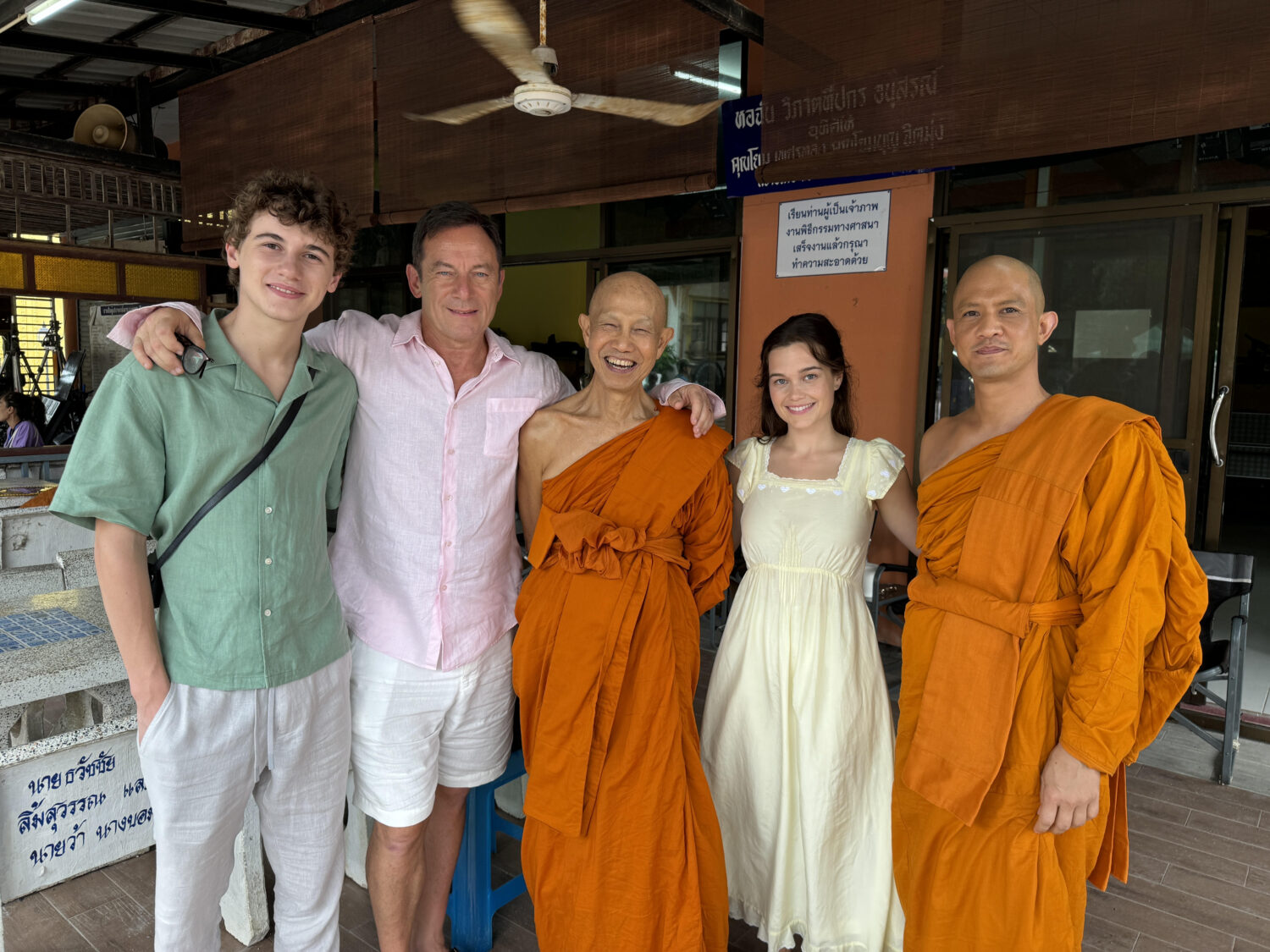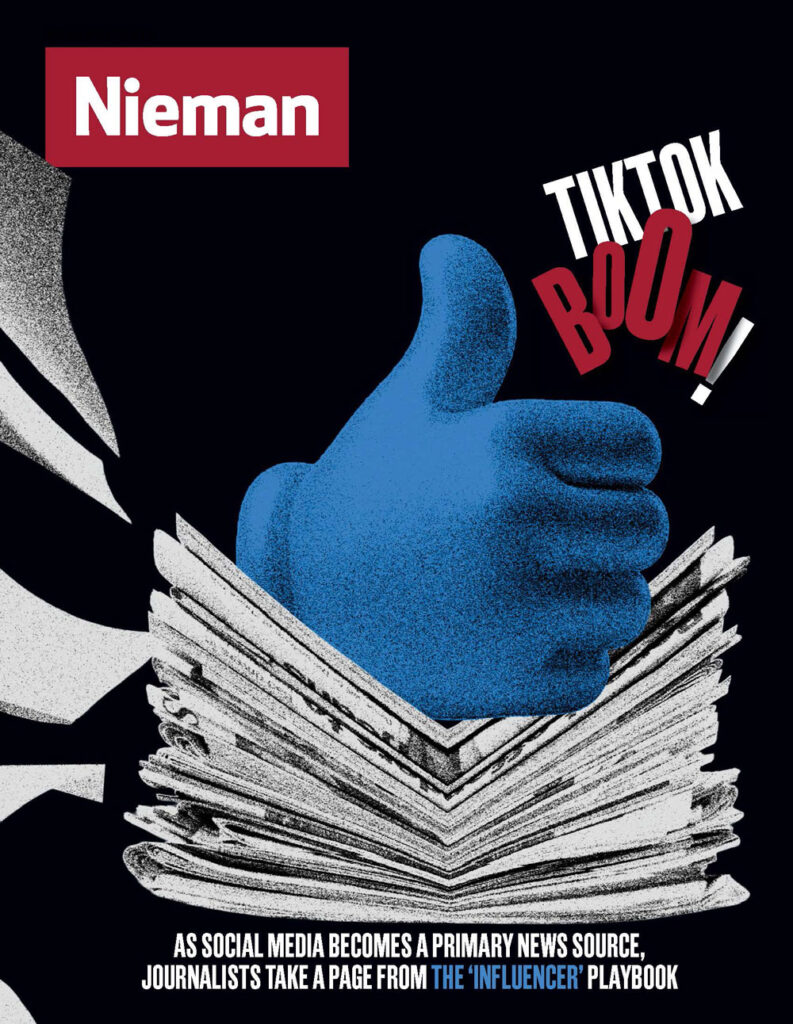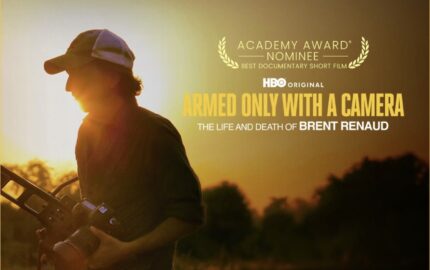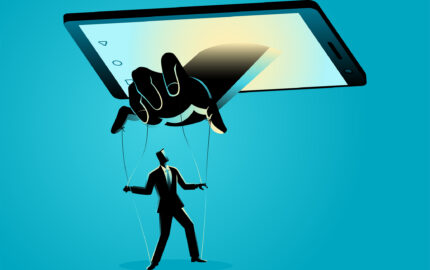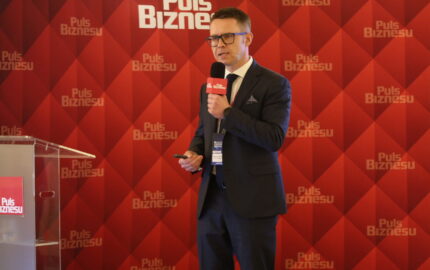After more than five decades in journalism covering coups, conflicts, and constitutional crises, I thought I’d seen it all. I’ve interrogated generals, challenged prime ministers, exposed corruption, and seen democracy both falter and flourish.
What I didn’t expect was that my next “assignment” would involve donning saffron robes and sitting in silent meditation (without having to shave my head, since I’ve always been a clean-cut guy) — not in a monastery to escape the world, but on the set of one of HBO’s most talked-about dramas, “The White Lotus.”
That serene monk sitting quietly in Season 3? Yes, that’s me.
When the show’s producers approached me about playing a Buddhist monk in a pivotal scene set in a quiet monastery in the Thai hills, I was immediately cautious. Not because I feared acting — though I had absolutely no experience — but because I worried about how Thai Buddhism, a profoundly spiritual and complex tradition, might be filtered through a Western entertainment lens.
The real push came from someone close to home: my son, Prabda Yoon. An accomplished writer and showrunner for some of Netflix’s productions in Thailand, Prabda was the spark behind this unexpected journey.
“You’ve always said you wanted to ordain as a monk,” he reminded me. “Now here’s your chance, even if it’s just for a role.”
It turns out the show’s local casting team had reached out to him with an unusual request: Would he convince his father to audition for the part of a senior Buddhist monk?
Prabda didn’t plead or negotiate. He simply told me the date and time he would come pick me up. Trusting his judgment — and my own curiosity — I agreed. It was only at the audition that I finally read the script.
The scene involved two Western characters, Tim and Piper, entering a monastery and seeking something, anything, to soothe the chaos in their lives. They meet a monk who says very little but listens deeply. He doesn’t preach. He doesn’t give answers. But his stillness prompts a quiet reckoning.
When I later learned that Mike White, the series’ creator, had studied Buddhism before crafting this season, my confidence grew. This wasn’t spiritual window-dressing; it was a meaningful attempt at cross-cultural reflection.
What struck me about “The White Lotus” was its willingness to peel back the postcard image and probe deeper themes: the clash between East and West, between money and meaning, between indulgence and introspection.
And so I decided to participate — not to “act” in the traditional sense, but to serve as a bridge. To help protect the spirit of the story and, perhaps, offer viewers a glimpse of Thailand’s quieter truths.
For someone who has spent more than five decades in the heat of political storms, newsroom deadlines, and live broadcasts, stepping into the serene, silent world of a monk was both surreal and profoundly meaningful.
My journey to that unlikely role is rooted in the twists and turns of journalism, where I began as a co-founder of The Nation, Thailand’s first English-language daily newspaper run by Thai journalists. The goal was to speak truth to power in a language the world could understand.
That mission eventually expanded — first to radio, then television, and ultimately online — as I sought to adapt and survive in the ever-evolving news media landscape.
But a key turning point in my life and career came when I was selected as a 1979-80 Nieman Fellow at Harvard University. That year, immersed in the exchange of ideas with journalists from around the globe, I experienced a deep transformation — not just as a professional, but as a person.
At Harvard, I absorbed the Western ideals of press freedom, the power of moral clarity, and the value of respectful, spirited debate. The sense of fairness, empathy, and commitment to public service that permeated the Nieman community reshaped how I viewed journalism and the role of a journalist in society.
So when I was offered a chance to play a monk in “The White Lotus,” I saw more than just a screen role. I saw a moment where art and journalism intersected. The themes in my scenes — serenity, morality, empathy — pointed in the same direction as the ethical compass that guided my reporting.
I drew from my years as a journalist on camera, during which I had to maintain calm amid chaos, to channel the quiet strength expected of a monk. I also drew from the quiet lessons of Harvard Yard, where thoughtful listening often mattered more than quick judgment.
Acting in “The White Lotus” wasn’t just about reciting lines. It was about embodying a state of being, one I had long tried to uphold as a journalist: to remain composed amid conflict, to reflect on truth without shouting, and to offer a space for reflection in a noisy world.
In many ways, this brief role brought together all the strands of my life: my belief in meaningful storytelling, my journey through Western and Eastern cultural currents, and my conviction that empathy and fairness are universal values, whether in a newsroom, in a monastery, or on a film set.
"Acting in “The White Lotus” wasn’t just about reciting lines. It was about embodying a state of being, one I had long tried to uphold as a journalist: to remain composed amid conflict, to reflect on truth without shouting, and to offer a space for reflection in a noisy world."
“The White Lotus” doesn’t just entertain; it holds up a mirror. To Americans. To tourists. To all of us. It makes us ask uncomfortable questions: What are we chasing? What do we truly value? What happens when the masks come off?
In playing the monk, I became part of that mirror. Not as a moral authority, but as a quiet observer. And in doing so, I hoped to reflect something deeper about my country — not the nightlife, but the light. Not the marketplace, but the mindfulness.
Today, I’ve returned to my daily journalism routine. The robes are gone. My microphone and laptop are back in their usual place. But something has shifted.
I find myself pausing more before I speak. Listening more intently. Noticing the distractions I used to mistake for purpose. I’m more convinced than ever that whether we’re telling stories on YouTube, Facebook, or Netflix, the mission remains the same: to seek truth, elevate voices, and invite reflection.
Even if, sometimes, that reflection comes not in a headline but in silence.
Suthichai Yoon is a veteran Thai journalist, former editor-in-chief of The Nation, and host of “Suthichai Live.” He has spent over 50 years chronicling the political and cultural transformation of Southeast Asia and was a 1980 Nieman Fellow.
